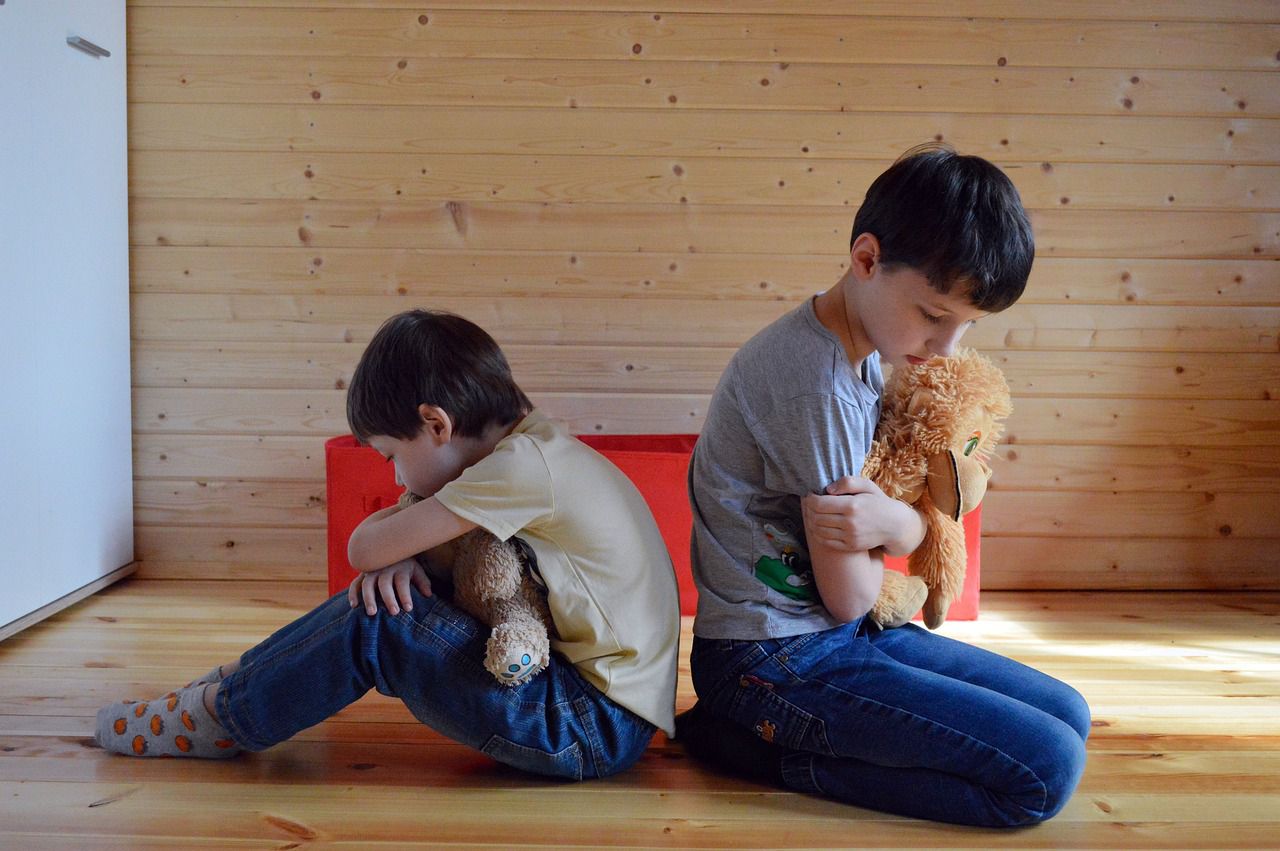Lots of people feel resentment occasionally - it doesn't always mean that they're too touchy or their friends are bad people, though.
Resentment is often associated with softness and childishness, but it's not true, because this emotion is pretty natural to humans.
Let's find out more about resentment and why people tend to feel this way.
Unfairness
You might feel resentment when you think that someone treated you unfairly or did something wrong to you.
Hurt Feelings
If someone's actions or words hurt your feelings or made you feel bad, you can start to resent them.

Unmet Expectations
Resentment can also happen when you expect something from someone, and they didn't meet your expectations. You might feel let down.
Repeated Offenses
If someone keeps doing things that bother or upset you, these feelings can build up over time, leading to resentment.
Why is it dangerous?
Resentment can be harmful because it can affect your relationships and your own well-being.
It's important to find healthy ways to deal with it, like talking to the person involved or seeking support from friends or a counselor.
Conclusion
While it's natural to feel resentment, it's always better to work with your emotions and analyze situations that made you feel that way.
That's how you can heal and avoid being hurt next time.












